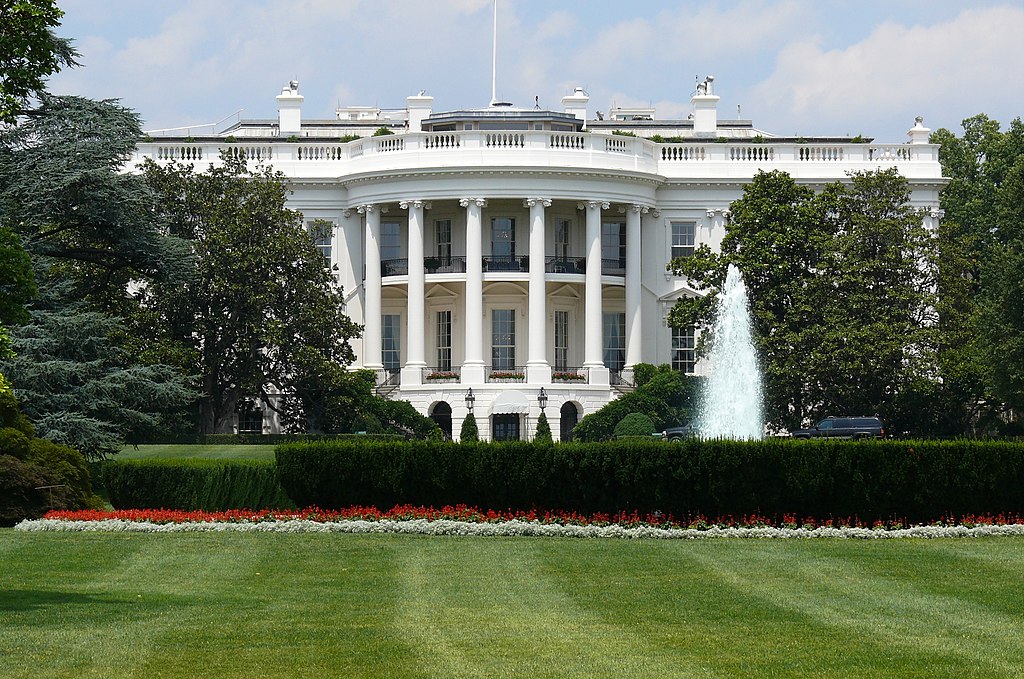The Biden administration is weighing new, harsher sanctions against Russia’s lucrative oil trade, seeking to tighten the squeeze on the Kremlin’s war machine just weeks before Donald Trump returns to the White House.
As reported by Bloomberg, details of the possible new measures were still being worked out, but President Joe Biden’s team was considering restrictions that might target some Russian oil exports, according to people familiar with the matter who asked not to be identified discussing private deliberations.
That step was something Biden had long resisted over fears it could trigger a spike in energy costs, especially in the run-up to last month’s presidential election. But with prices for oil slipping amid a global glut and fears growing that Trump may seek to force Ukraine into a quick deal with Russia to end its nearly three-year-old war, the Biden administration is now open to more aggressive action, the people said.
The deliberations highlight how Biden’s team is more willing to take risks in confronting Russia as it prepares to depart, especially with previous efforts to choke the Kremlin’s energy revenues yielding mixed results and average US gasoline prices hitting their lowest level since mid-2021.
In its waning weeks, the administration has also moved to surge military and financial support to Ukraine amid questions about Trump’s commitment to continued US support, the media outlet notes.
The US already bans imports of Russian oil but new restrictions on the exports of one of the world’s largest producers — which could involve singling out foreign buyers of its crude — would upend more than two years of policy set after Russia’s full-scale invasion of Ukraine began in February 2022.
The administration was also weighing fresh sanctions aimed at the tanker fleet that Russia uses to transport its oil, the people said. The new limits on the so-called shadow fleet could be be unveiled in the coming weeks, according to the people.
The European Union is planning similar measures on Russia’s shadow fleet before the end of the year. The bloc also is expected to target individuals involved in the trade.
Upping the ante on Russia
While the moves would seek to capitalize on a softer oil market, they would also be aimed at ratcheting up the pressure on Russia before Trump takes office. The president-elect has pushed for negotiations to end the war in Ukraine, and current officials say they want to give the government of President Volodymyr Zelenskyy as much leverage as possible heading into any talks.
With that in mind, squeezing President Vladimir Putin’s finances even further could strengthen Ukraine’s negotiating hand. There’s a chance Trump could unwind measures if he felt they had inflated oil prices, but that risks the potential political cost of looking weak or offering Russia concessions too soon.
However, Hungary, as well as other countries that rely on Russian gas imports, have warned any US decision on the matter poses a potential risk for energy security. Türkiye has also sought a sanctions waiver.
Related:
- Reuters: Sanctions talks stall as Czech-Slovak oil exemption sparks debate in EU
- More Chinese banks cut ties with sanctioned Russian financial institutions
- Russia to choose between guns and butter in 2025, Bloomberg predicts
- Britain imposes largest sanctions package against Russia’s shadow fleet
- Orbán urges EU to rethink sanctions against Russia to lower energy costs
- EU prepares new sanctions package against Russia targeting foreign-made components





